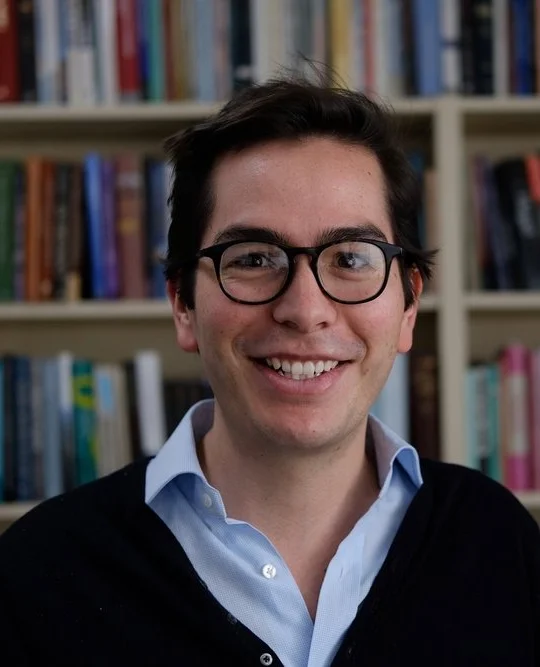Judicial Control of Decree-Laws in Emergency Regimes - A Self-Destruction Attempt by the Turkish Constitutional Court?
/Selin Esen
Due to a coup d’état attempt on 15 July 2016, in accordance with Article 120 of the 1982 Constitution, the Council of Ministers presided over by the President of the Republic declared a state of emergency on July 21st for three months. On October 11th it was prolonged for a further three months. The declaration of the state of emergency and its prolongation was approved by the Grand National Assembly of Turkey. Since the state of emergency was declared the Government issued eleven emergency decree-laws to date.
Read More























![Xx1088_-_Seoul_city_nightscape_during_1988_Paralympics_-_3b_-_Scan [test].jpg](https://images.squarespace-cdn.com/content/v1/5af3f84a4eddec846552ea29/1527486925632-3VZP3ASLAHP1LJI0D9NJ/Xx1088_-_Seoul_city_nightscape_during_1988_Paralympics_-_3b_-_Scan+%5Btest%5D.jpg)
